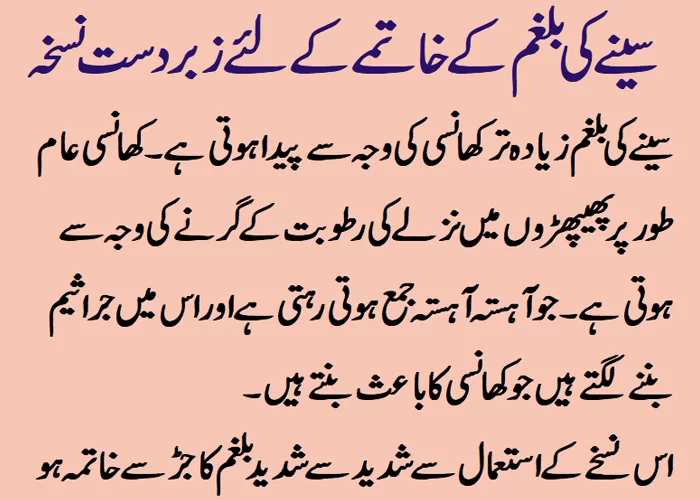
OCD therapy, or Obsessive-Compulsive Disorder therapy, is a type of treatment designed to help people who struggle with persistent and unwanted thoughts (obsessions) and repetitive behaviors (compulsions).
In simple words, if someone has OCD, they might have distressing thoughts that keep coming back, and they feel compelled to do certain actions over and over to ease those thoughts. OCD therapy aims to reduce the impact of these thoughts and behaviors on a person’s life.
What Is The Best Therapy For OCD?
Therapists often use a type of therapy called Cognitive Behavioral Therapy (CBT) to help individuals with OCD. In CBT for OCD, a person works with a therapist to identify and challenge their obsessive thoughts, gradually facing situations that trigger anxiety, and learning healthier ways to respond.
The therapy helps individuals break the cycle of obsessive thoughts and compulsive behaviors, allowing them to manage their symptoms better and improve their overall quality of life.
Best Therapies for OCD: A Comprehensive Guide
1. Cognitive Behavioral Therapy (CBT)
Overview: Cognitive Behavioral Therapy (CBT) is widely recognized as one of the most effective treatments for OCD. This therapeutic approach focuses on identifying and challenging negative thought patterns and behaviors. In the context of OCD, CBT aims to reshape the way individuals think about their obsessions and the corresponding compulsive actions.
Why it Works: CBT equips individuals with the tools to break the cycle of obsessive thoughts and compulsive behaviors. Through cognitive restructuring and behavioral interventions, individuals can gain control over their responses to obsessions, leading to long-lasting positive changes.
2. Exposure and Response Prevention (ERP)
Overview: Exposure and Response Prevention (ERP) is another highly effective therapy for OCD. This approach involves exposing individuals to their obsessive triggers in a controlled manner, preventing the accompanying compulsive response. Over time, this helps reduce the anxiety associated with the obsessions.
Why it Works: ERP targets the core of OCD by breaking the cycle of avoidance and ritualistic behaviors. By gradually facing fears without giving in to compulsions, individuals learn to tolerate and even extinguish the anxiety linked to their obsessions.
3. Medication Options
Overview: In some cases, medication may be recommended as part of the treatment plan for OCD. Selective serotonin reuptake inhibitors (SSRIs) are commonly prescribed, as they can help regulate serotonin levels in the brain, alleviating symptoms.
Why it Works: Medication can be particularly beneficial for individuals with moderate to severe OCD symptoms. When used in conjunction with therapy, medication can provide additional support in managing the condition.
Choosing the Best Therapy for You
Selecting the best therapy for OCD depends on individual preferences, the severity of symptoms, and personal circumstances. Here are some factors to consider:
1. Personalization of Treatment
Tip: Look for therapists who tailor their approach to your specific needs. Personalized treatment plans are more likely to address your unique obsessions and compulsions effectively.
2. Therapist Qualifications and Expertise
Tip: Choose a therapist with experience in treating OCD. Check for relevant certifications and inquire about their success in helping individuals overcome OCD.
3. Combination Therapies
Tip: In some cases, a combination of therapies may be recommended. For example, a blend of CBT and ERP can offer a comprehensive approach to tackling OCD symptoms.
FAQs
- Is therapy the only effective treatment for OCD? While therapy is a highly effective approach, some individuals may also benefit from a combination of therapy and medication, particularly in more severe cases.
- How long does OCD therapy typically last? The duration of therapy varies based on individual needs. Some may see significant improvement in a few months, while others may continue therapy for a more extended period.
- Can OCD be completely cured with therapy? While therapy can significantly reduce symptoms and improve quality of life, complete “cure” may not always be attainable. However, most individuals experience substantial relief and better management of their symptoms.
- Are online therapy options as effective as in-person sessions for OCD? Research suggests that online therapy, when conducted by qualified professionals, can be as effective as in-person sessions. The key is finding a reputable online therapy platform.
- What should I do if I don’t see progress in therapy? Communicate openly with your therapist about your concerns. Adjustments to the treatment plan or exploring alternative therapeutic approaches may be considered to better address your specific needs.







